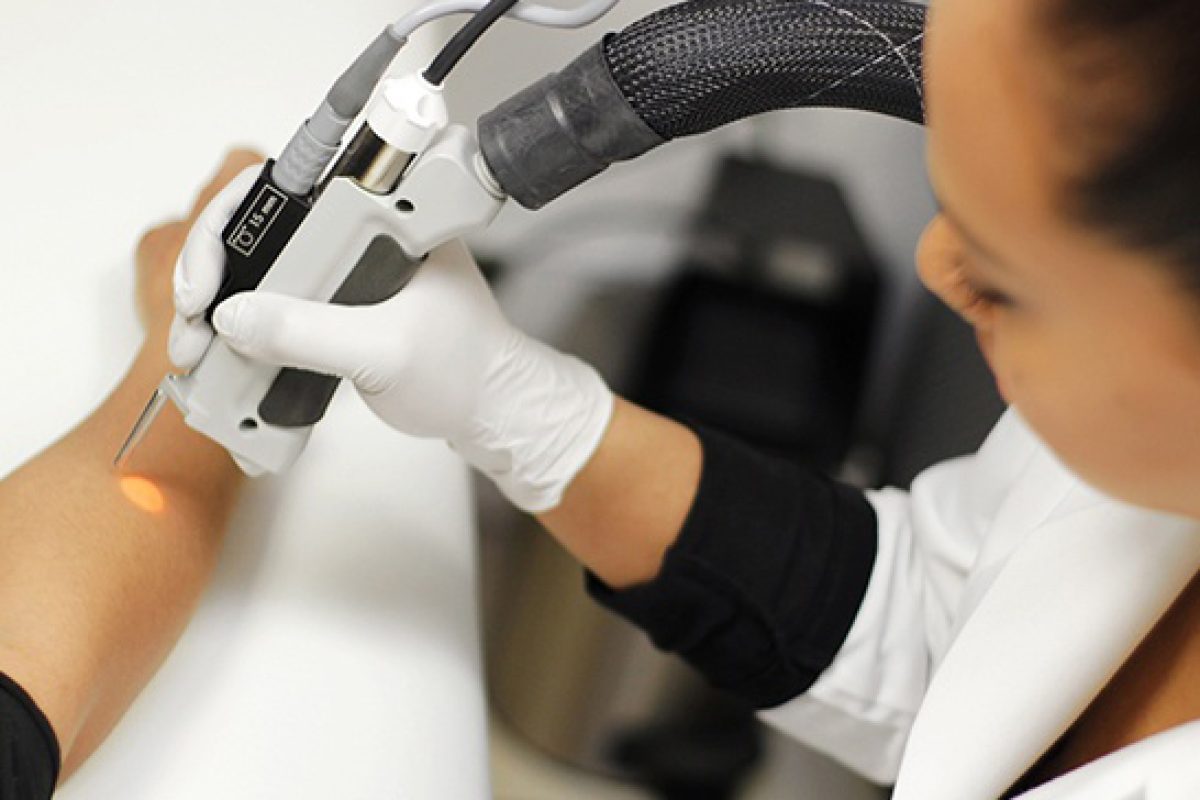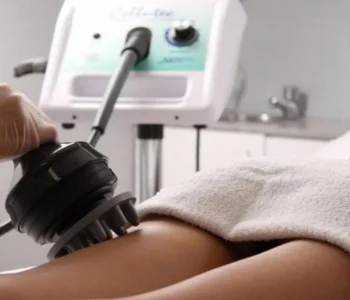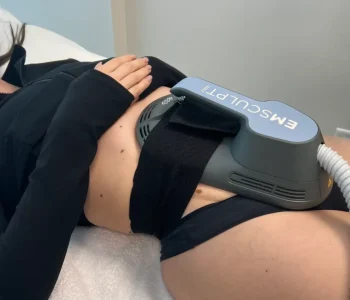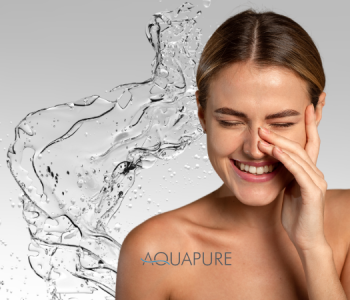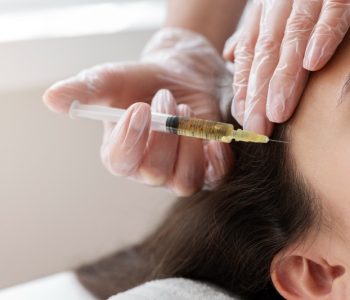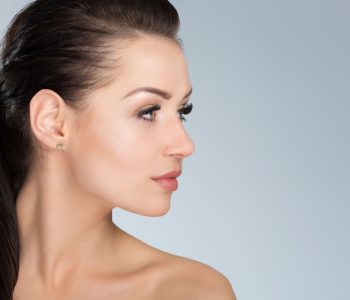Alexandrite laser hair removal is the most preferred and demanded laser system today.
It destroys the hair root by concentrating the 755nm wavelength laser energy on the melanin pigment that gives the hair root its black color. It is the most preferred type of laser in the world, especially for light-skinned people.
With Alexandrite laser epilation, it is possible to direct high energy specifically to the fertile part of the hair follicle and get permanent results.
“Alexandrite laser epilation creates maximum effect especially on fair-skinned people and black hair.”
Does Alexandrite laser epilation hurt?
During the Alexandrite laser epilation application, devices that blow cold air at -30 ° C accompany the epilation. In this way, there is no pain during Alex laser epilation. At the same time, we are protected from damage that heat may cause on the skin. Thanks to epilation with a cooler, we have the opportunity to work at the desired energy levels with the Alexandrite laser.
The pain mentioned in Alexandrite laser reviews is usually related to old generation devices. Contrary to popular belief, the pain is minimal in the new generation Alexadrite laser epilation devices that we also use. The existing minimal pain will also decrease with each session. Because the hair density will decrease with each laser epilation session.
Is Alex laser epilation used with gel?
Alex laser epilation is not used with gel, the alexandrite laser device is used without touching the skin. Hair follicles are permanently destroyed with shots from round heads of various diameters (approximately the diameter of a coin) from certain distances (3-5cm).
Why is Alexandrite laser epilation preferred?
Alexandrite laser epilation is the most effective method for epilating thick and black hair that cannot be eliminated in many sessions with other laser epilation devices (Diode laser epilation, Nd Yag laser epilation, IPL) and other laser types. Today, the most preferred laser epilation devices for laser epilation and the ones with the highest patient and practitioner satisfaction are “Alexandrite laser epilation” devices. Powerful and technically equipped alexandrite laser hair removal devices can more than meet expectations.
After How Many Sessions Does Laser Hair Removal Show Its Effect?
The answer to the question “After how many sessions does laser hair removal show its effect” is that laser hair removal does not result in permanent hair removal, but it can significantly reduce hair growth and provide long-term results. The best laser hair removal depends on many factors such as the type of laser used, the color and thickness of the hair, and the location of the hair on the body.
The effect after laser hair removal can vary greatly from person to person, but most laser hair removal patients experience a significant reduction in hair growth and, in some cases, almost permanent hair reduction.
However, the number of sessions it takes for laser hair removal to show its effects may be affected by the following factors:
Hormonal changes: Hormonal fluctuations can cause hair to regrow after laser hair removal. This is especially true for women who are going through hormonal changes due to pregnancy, menopause, or other hormonal imbalances.
Medications: Some medications, such as birth control pills and steroids, can affect the effectiveness of laser hair removal. If you are taking any medications, be sure to discuss them with your doctor to determine if they may affect your results.
Genetics: Genetics plays a major role in hair growth, and some people may be more prone to hair regrowth after laser hair removal. This includes those with a family history of hair growth or those with naturally thick, dark hair.
Number of Sessions: The number of laser hair removal treatments you receive can affect the amount of hair regrowth. Typically, more than one treatment is needed to achieve optimal results, as each treatment only affects a certain percentage of the hair follicles.
Laser Hair Removal Aftercare: Even after achieving the best results, you should still receive periodic maintenance to ensure that hair does not regrow.

